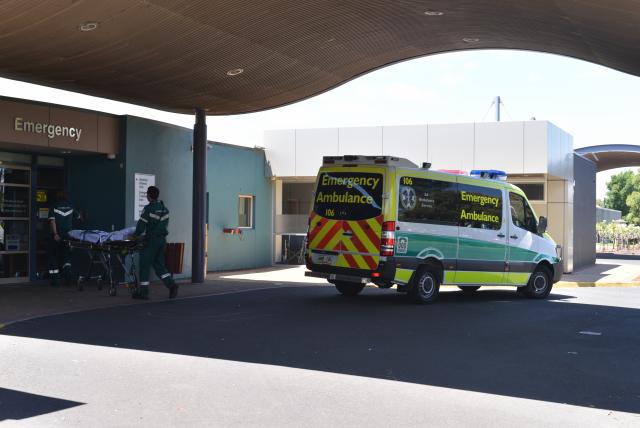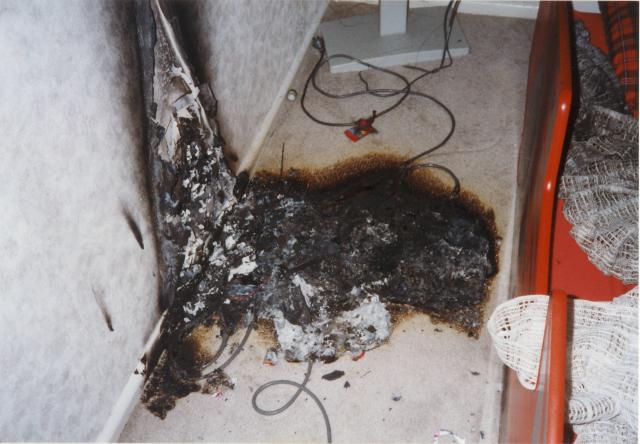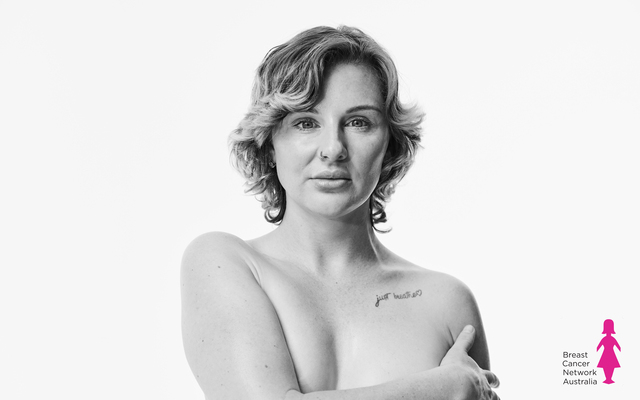Ambulance Victoria employees have reduced ambulance response times across Victoria, including in Brimbank, despite record demand for emergency medical services.
Since December 2021, Ambulance services have managed to reduce response times for calls from Brimbank to 14 minutes and 37 seconds.
This is an improvement from 15 minutes and 09 seconds in the previous quarter.
According to Ambulance Victoria, paramedics across Victoria were called to 93,234 Code 1 cases between January and March this year, breaking the record set last quarter and making it the busiest period in Ambulance Victoria’s history.
Ambulance Victoria Barwon South West regional director Terry Marshall said Ambulance Victoria had recruited 700 paramedics in 2021 to help respond to this demand, which was its single largest annual recruitment ever.
“This recruitment drive continues with 174 paramedics already on board so far this year to help get more ambulances on the road and to patients quicker,” Mr Marshall said.
“And the Victorian government’s $35 million boost early this year has fast-tracked the recruitment of another 120 paramedics, who will all start their inductions with Ambulance Victoria in May.”
Mr Marshall said the ongoing challenge of the Omicron variant and its impact on the availability of healthcare workers meant the health system remained under significant stress.
“We remain very busy, attending around 1800 to 2000 cases a day across Victoria, and ask community members to help us by saving triple zero for emergencies,” Mr Marshall said.
“While ambulances are always provided to patients when required, about one in five calls to triple zero do not need an emergency ambulance response.”
According to Ambulance Victoria, a total of 45,382 callers state-wide to triple zero did not need an emergency ambulance between January and March.
Ambulance Employees Australia Victoria secretary Brett Adie said ambulance crews had been pushed beyond acceptable levels to keep the service operating.
“They are fatigued and burnt out, they were asked to sacrifice more prior to COVID and that has just increased with the impact on caseload and staff being exposed to COVID,” he said.
“Taking pressure off the system is the first priority and the creation of alternative pathways for healthcare is a critical step in that process.”
Mr Adie said areas with proximity to Melbourne, like Melton and Moorabool, are at risk of delayed response times as the requirement for outer regions is to take most patients to metro hospitals, leaving them vulnerable and making it difficult for them to get back to their region.
“It is time to rethink health and to provide the service that the community deserves,” Mr Adie said.
“This is people’s lives, not just numbers on a page.”







